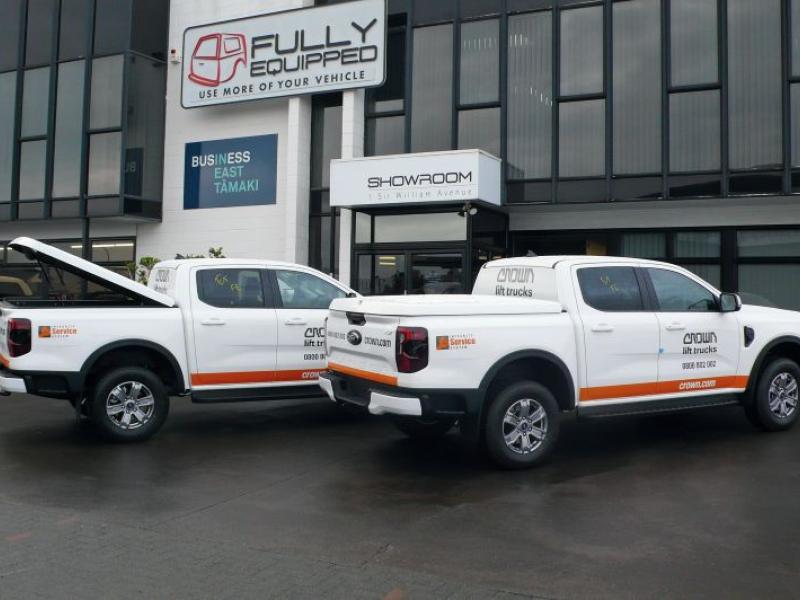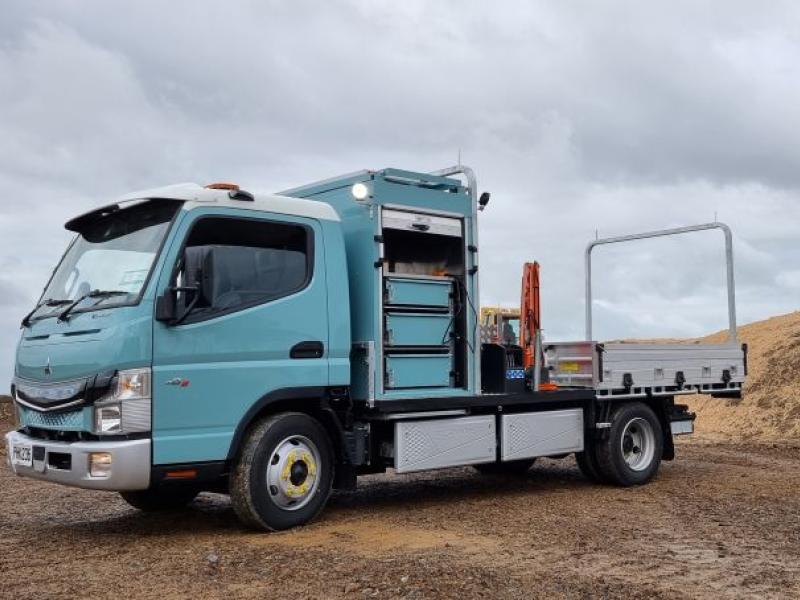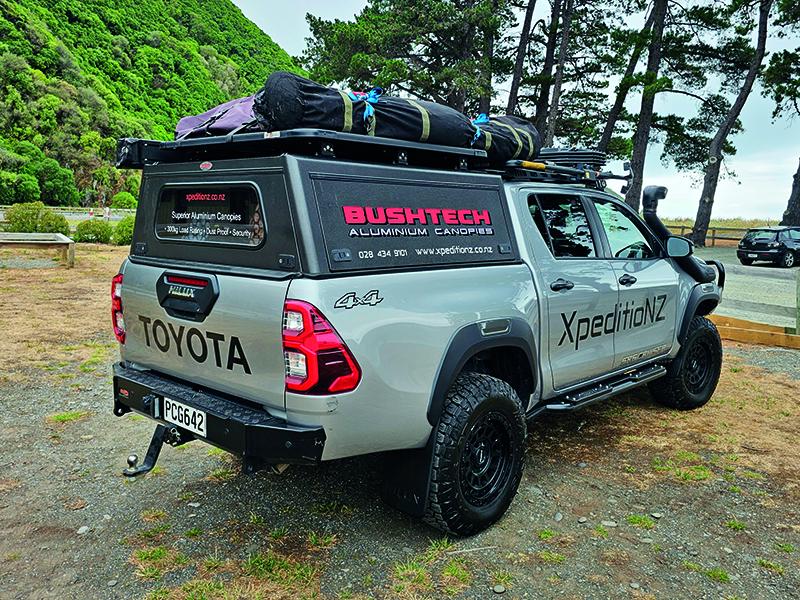|
Robert Barry reviews the many procurement and disposal options when buying and selling fleet vehicles. Regardless of any company policy or strategy that dictates the fleet must be totally five-star impact compliant and must emit no more than a certain figure of C02 per kilometre, etc, etc, the bottom line is you must work out how much it costs you to administer the fleet and whether this is best done in house or outsourced. What to buy? Where to buy? How to buy? How to sell? Where to sell? When to sell? These are all the questions you need to take into account when running a fleet. If you own the fleet yourself you must decide who is responsible for the process and if that person has the tools, knowledge and ability to maximise the safety and effectiveness of the fleet as well as minimise the annual operating cost. If the person controlling the fleet is a clerical worker, the employer can afford to take a few more liberties with their time in order to realise better discounts on purchase and better returns on disposal. If the person running the fleet is a highly paid executive, the margin that the employer squeezes from them applying time and effort to the job could be seriously offset by the cost of their time and the time not spent focussed on the companies’ core business. Consideration needs to be taken of the time and effort that is put into buying and selling fleet vehicles – how financially viable is it to be done in house? Is it better to outsource the buying, selling and management to a fleet management company or simply hand the whole process to a leasing operator through the sale and leaseback arrangement? Procurement options In the current market supply can be an issue as the mass market distributors are not holding such large stocks of vehicles any more, and delivery time can be as long as six months for some new vehicles. What to buy? This also leads into your current vehicle policy and choice of vehicles. Do you have a single brand or a limited brand policy when buying vehicles? Securing a better up front discount from any franchise dealer naturally depends on the amount of vehicles to be purchased, so having a limited choice of vehicles can be a good thing from a pricing point of view but it may be constrictive if the dealer network has limited stock of that vehicle. Also consider the fact that you may need some different vehicles for specialist needs within your own fleet, so there may need to be some one-off negotiations for these. One more fact to consider when buying a fleet of vehicles is colour. Silver and black are still very popular in the used market and easily sold. Try and stick to safe and conservative colours if you can because they are more easily sold at disposal time. Where and how to buy? Most main dealerships have a fleet sales representative and a discount structure. If the dealership is part of a large group then the fleet sales person has access to different brands that may suit the varied needs of the buyer. In major metropolitan markets most major brands have two or three dealerships so it may pay to shop around for the best price on a fleet of vehicles. As a national fleet it may be cheaper to buy all the vehicles in one main centre and then arrange delivery through that brands network of dealers. Alternatively fleet buyers can go to a vehicle broker who can source multiple brands or they can source through a leasing operator. The leasing option In much the same way as companies lease plant and equipment and buy a maintenance contract to ensure certainty of cost, delegating the fleet procurement and disposal process to a specialist provider does the same. Leasing companies take the gamble of depreciation for you. They work out up front what they should get for the car at the end of its period and then charge you for the use of the vehicle including or excluding maintenance for the set term of 36 or 45 months. Leasing vehicles offers the certainty that you know exactly each month what the vehicle will cost. The leasing providers carry the brunt of the loss if the market should dramatically change as it during the petrol price spike and the residual values of large six-cylinder vehicles dropped like a stone, leaving them with high losses on some returned vehicles. Even the best forecasters cannot always factor an energy crisis into the residual equation. However the asset managers at the leasing company will look after the car from cradle to grave, controlling costs and maintenance by using their contacts and considerable clout to get value for them and you. Buying, selling and maintenance are all managed all are managed by seasoned professionals who will pick the right time and place to buy, maintain, repair, refurbish and sell your fleet vehicles. Leasing companies take the gamble of depreciation for you. They work out up front what they should get for the car at the end of its period and then charge you for the use of the vehicle including or excluding maintenance for the set term of 36 or 45 months. Current market conditions “As New Zealand fleets age, and as fuel prices and road user fees increase, there is a real need to ensure the fleet you have is doing the job it should,” he says. FleetPartners has been recently focussing on a greater consultative approach aligning the customer’s fleet policy to the company’s strategic direction. FleetPartners own human resource and business technology (IT) departments are also interacting with the client in the creation of their new vehicle policy. “We’ve also seen a lot more strategic procurement in fleet policy where companies have narrowed their options to single and dual vehicle suppliers to maximise discounts and increase efficiencies,” says Barry. Toyota Financial Services national manager of fleet sales Darren White says that the two major benefits of leasing in the current political and economic climate are certainty of finance arrangements and fixed costs associated with the operating lease product as well as the ability for customers to release capital back into the business. “Realising capital in a fleet combined with the other benefits of leasing has been a powerful motivator for many clients to change from owning to leasing over the least 18 months.” He says. “Most of our clients see the benefit in taking out fully maintained operating leases and this protects them from any increases in maintenance or running costs as the vehicle ages. |
Disposal options 1) Trade-in or sell to a dealer If you try to sell a vehicle directly to a dealer you may not realise any more money than what you would have received at auction as most dealers generally use a wholesaler to clear their trade in’s – and the wholesaler invariably will trade the car onto another dealer or auction it because they know what it will realise. If you are trading in an old car on a new vehicle then you may get a better trade in price but beware that the pricing may not be transparent and that the dealer can offset pricing between the old and new vehicle. We recommend for this method that you get at least three changeover prices from three different dealers. Keeping the sale of the old car and purchase of the new one as separate transactions should result in a sharper deal for you as the dealer doesn’t have the transactional costs of the trade to deal with, and you have a bargaining tool called cash or pre arranged finance. However with trade-ins swapping like for like can often yield a better residual. For example selling or trading a Toyota to a Toyota dealer is a better idea than trying to trade it to a Ford or Holden dealer. Dealers will know the vagaries of any model and how well placed they are to on sell the car, which will affect the trade-in price. Selling your fleet vehicles at an auction is a totally transparent process and it is the only way to discover the real value of your old fleet vehicle on any given day. The beauty of the auction process is that your vehicle is shown to a wide variety of people, private buyers, dealers, and bargain hunters. Auction houses such as Turners and Manheim are specialists in fleet vehicle disposal, they can arrange collection of the vehicles, advise on the vehicles current market value and suggest a suitable reserve price, they can also offer rectification of any paint and panel damage as well as valet the vehicle to realise a better price on auction day.
Turners say it currently manages fleet disposal for a number of companies around NZ, including Government and local bodies, McDonalds Restaurants and the Church of Latter Day Saints. Turners National Accounts manager Jonathan Sergel says that a nationwide network of branches is of significant benefit to customers as it allows it to easily manage the logistics of transporting, preparing and selling vehicles, no matter where in the country the customer’s operation is. As of January 1, 2011 ManheimFowles became Manheim. The company says the time was right to rebrand in line with other positive changes made to the business in 2010. Some of those changes are visual are some aren’t but they are designed to improve Manheims service offerings, better meet customer needs 3) Private sale to staff or public Selling your vehicles directly through Trade Me or classified advertising may sometimes return a better margin than trading into a dealer or selling by auction, but the process can sometimes tie up capital and waste productive time. Selling your unwanted fleet vehicles to staff is a nice benefit for them, but there are two problems to be considered. Firstly if the person has been driving the vehicle prior to sale and they know it’s coming up for replacement, they may spend money on the vehicle bringing it back up to standard before they purchase. Secondly there is always the risk of comeback from a staff member if the vehicle develops faults in the future. Staff need to clearly understand that the vehicle is sold unconditionally as is – where is, and you are not liable for any future repairs. 4) Tender Putting a vehicle up for tender is another way of realising the true market worth of a vehicle, particularly if it is not a mainstream model or it is a specialist vehicle that might be a bit outside the norm and not easily valued. However if you are in the habit of regularly disposing of larger fleets, you can create a number of buyers who will tender regularly. Many local bodies and government fleets successfully use this method. 5) Selling direct to a wholesaler Selling your fleet vehicles directly to a vehicle wholesaler may not yield much more than the auction process. However, despite the fact that there is only one person valuing your vehicle (rather than the numerous people at an auction) the wholesaler will be quickly able to place your vehicle with a willing buyer. 6) Sale and leaseback Selling your vehicles and leasing them back is a quick way to take assets off the balance sheet and convert them into operating capital. When the end of the road comes for your older vehicles they are no longer your problem, but at the time of taking over the vehicles the leasing provider will have noted the condition of all the vehicles and the appropriate market value and paid out accordingly. Leasing providers are always keen to develop new business, even if it means taking over a fleet that may have some less than desirable vehicles for them to dispose of, but that certainly would be taken into account at the time the deal was struck to minimise any risk of loss to them.
|





